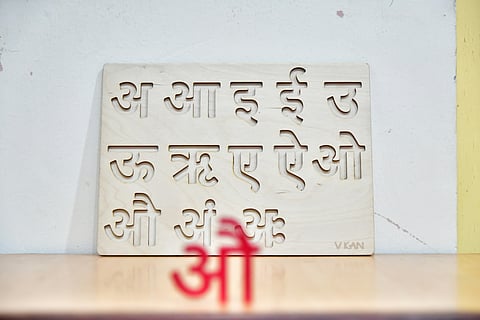

Russia has greatly expanded Hindi language programmes at its institutions, reflecting growing student interest and strengthening cultural and educational ties with India.
Konstantin Mogilevsky, Deputy Minister of Science and Higher Education, underlined that Hindi's growing popularity coincides with India becoming the world's most populous country, with more people using Hindi daily than English.
Speaking to Russian news agency TASS, Mogilevsky said, "We want more of our students to study Hindi." He emphasised that India is today the world's most populated country, with more people using Hindi everyday than English. "We must respond to this," he added.
Hindi classes are now available at premier Russian universities such as MGIMO or the Moscow State Institute of International Relations, Moscow State University, and Moscow State Linguistic University, with enrolments increasing by two to three times.
This educational effort coincides with enhanced diplomatic relations amid geopolitical tensions over Russian oil and the Ukraine war, with Russia and India working closely on numerous fronts, including through the Shanghai Cooperation Organisation (SCO).
In recent years, the demand for Hindi courses has soared across Moscow and beyond, notably at colleges in St Petersburg and Kazan. According to Mogilevsky, improved Hindi language possibilities assist young Russians who want to engage with India's culture and commercial environment.
This push for Hindi education underscores India and Russia's long-standing and growing friendship, which has remained strong despite global geopolitical concerns.
Hindi language development at Russian colleges adds to this diplomatic momentum by developing greater understanding and connectivity between the two nations.
